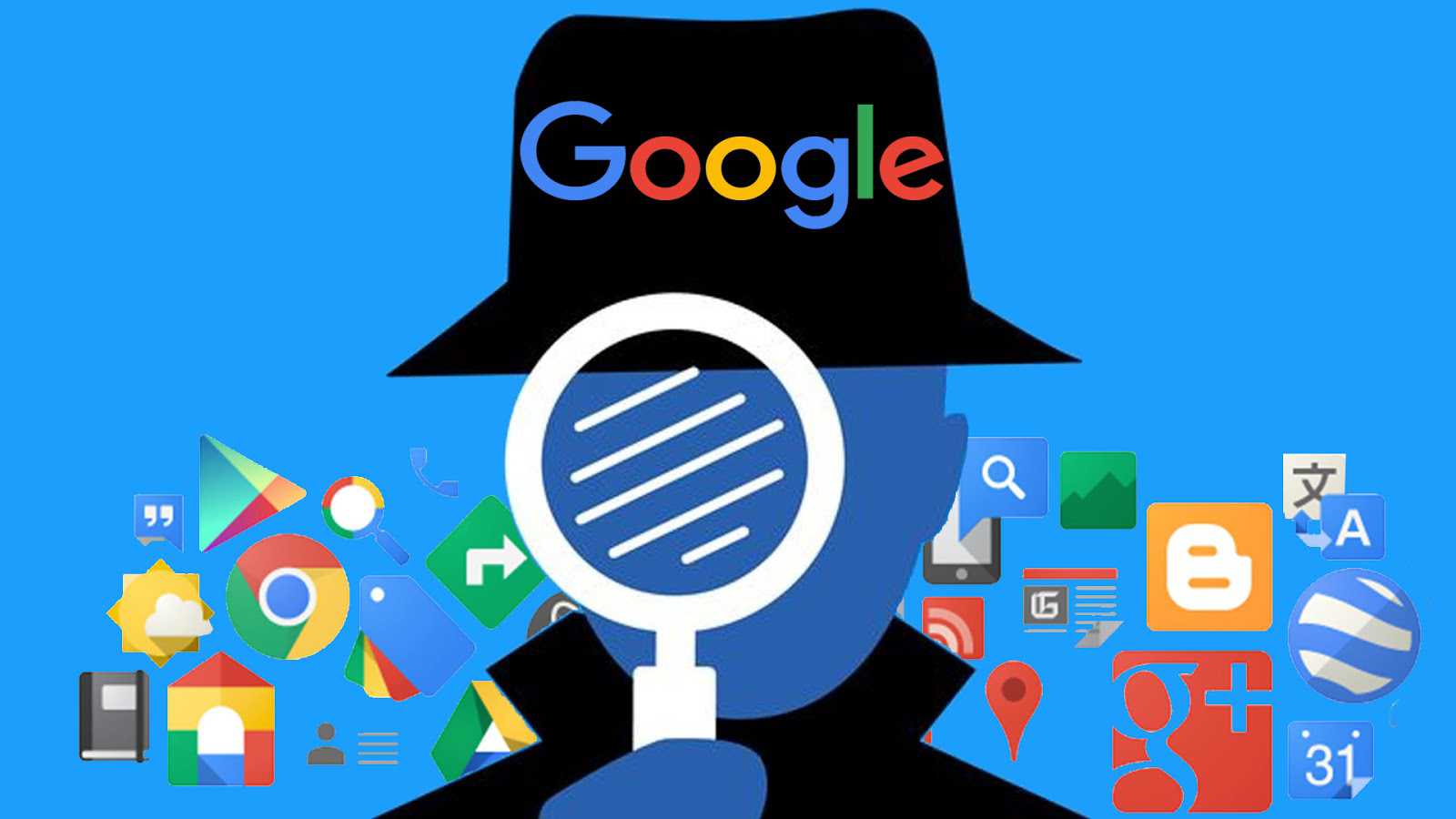Google Knows Where You’ve Been. Can You Deal With It?

Even if you’ve made the privacy settings on your phone not to store your location data, Google services will still know where you go and when you do it. Does that make you feel uncomfortable? If not yet, let’s see what researchers at Princeton said about a report requested by the Association Press.
First of all, Google will ask for your permission when it wants to use your location data. For example, Google Maps will need to access your location to use the app to navigate. Agreeing to share the data for a long period, Google Maps will create a history of your movements and show them to you in a “timeline.”
Turning Off Location History Is Not Enough
On the Google support page, it says that you can turn off the option “Location History” and that it will not store the movements you make:
“You can turn off Location History at any time. With Location History off, the places you go are no longer stored.”
However, other Google apps store location data without your permission, even if you have that Location History paused. If you open the Maps app, Google will take a snapshot of the place you were when you opened the app. The weather updates you get daily on your phone will use location to discover your approximate location.
These privacy issues affect all users that run Android on their phones or that use Google apps (for maps or search) on their iPhones.
Jonathan Mayer is a computer scientist and worked in the past for the US Federal Communications Commission’s enforcement bureau as the chief technologist. He said:
“If you’re going to allow users to turn off something called ‘Location History,’ then all the places where you maintain location history should be turned off. That seems like a pretty straightforward position to have.”
A researcher from his lab confirmed the findings from the AP report, testing them on many Android devices. The AP conducted tests on iPhones, finding the same behavior.
Web and App Activity Turned Off – Did We Realy Pull the Plug?
As a response, a Google spokesperson stated:
“There are a number of different ways that Google may use location to improve people’s experience, including: Location History, Web and App Activity, and through device-level Location Services. We provide clear descriptions of these tools, and robust controls so people can turn them on or off, and delete their histories at any time.”
The company added that the users could stop Google from keeping the data location b turning off a setting which doesn’t sound like it would control location information.
You can turn it off by going to your Google account and look for “Web and App Activity” – an option enabled by default that will store many kinds of information from apps and websites you use.
But one question remains: can we really stop Google from tracking us?
0 comments